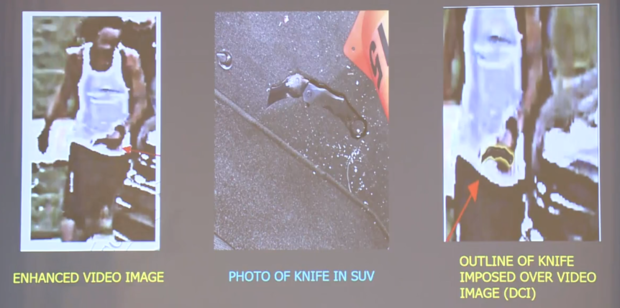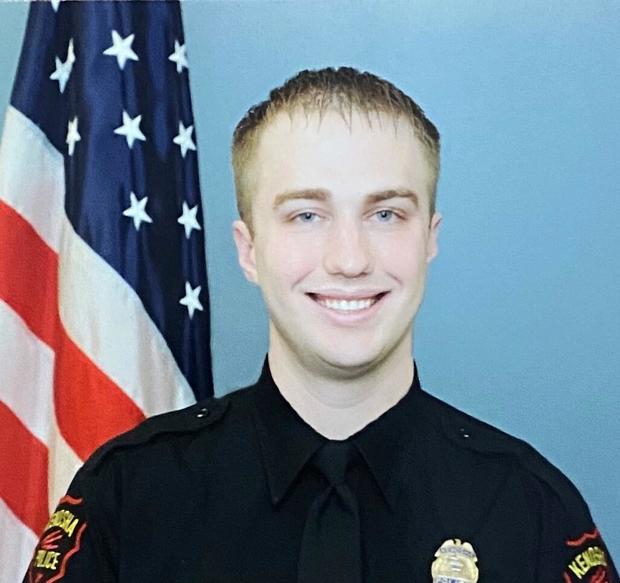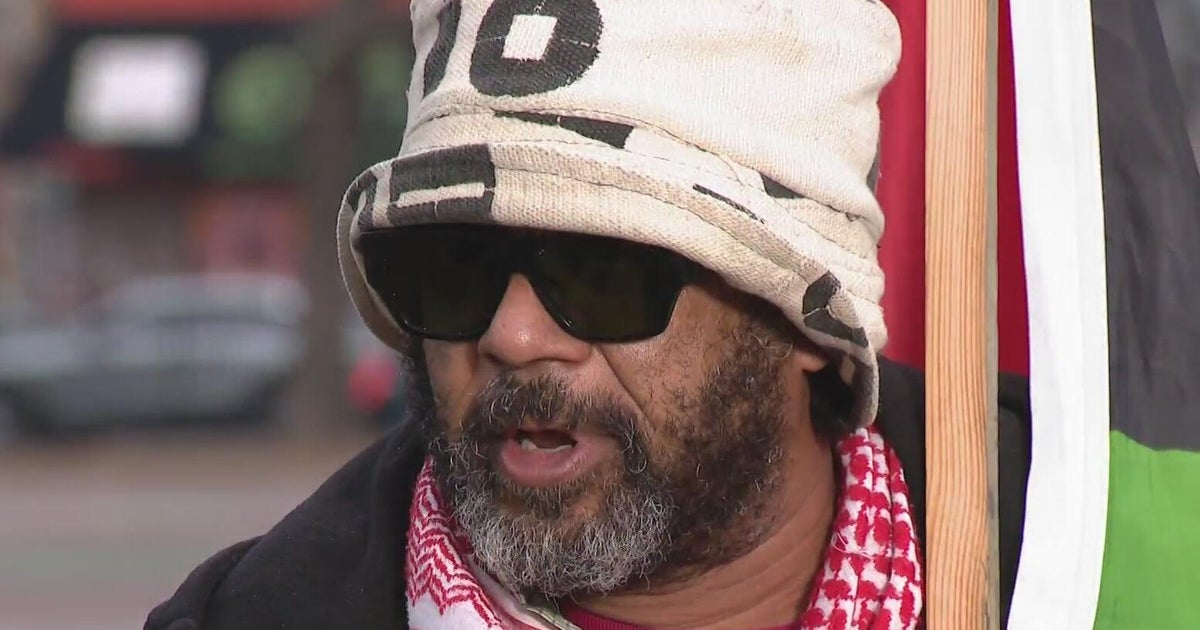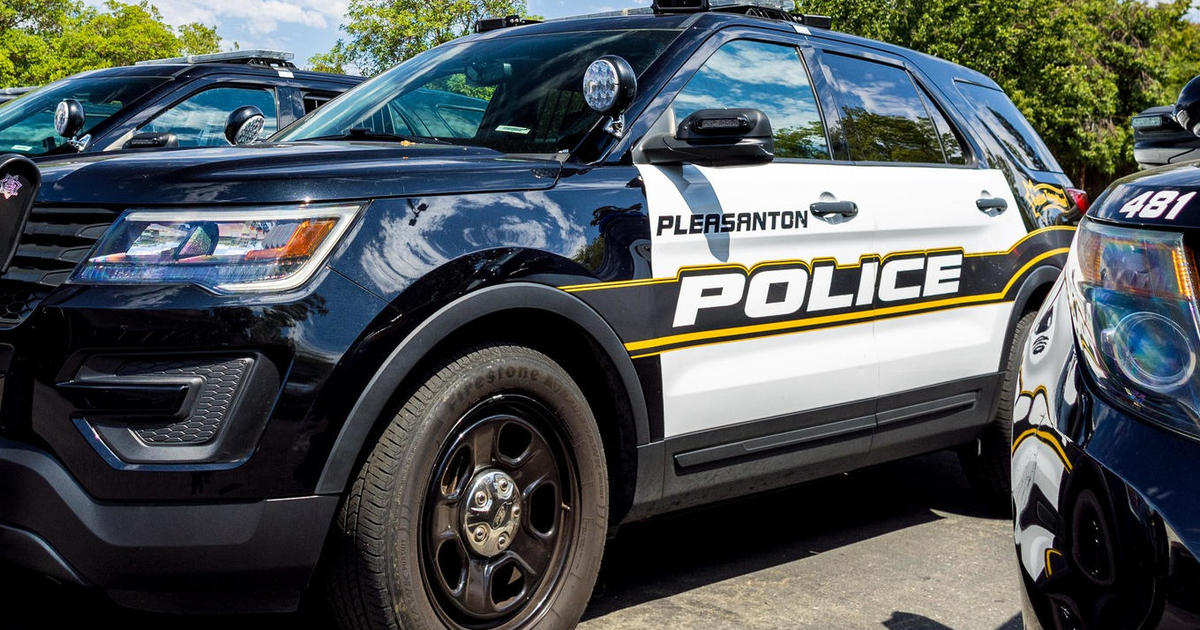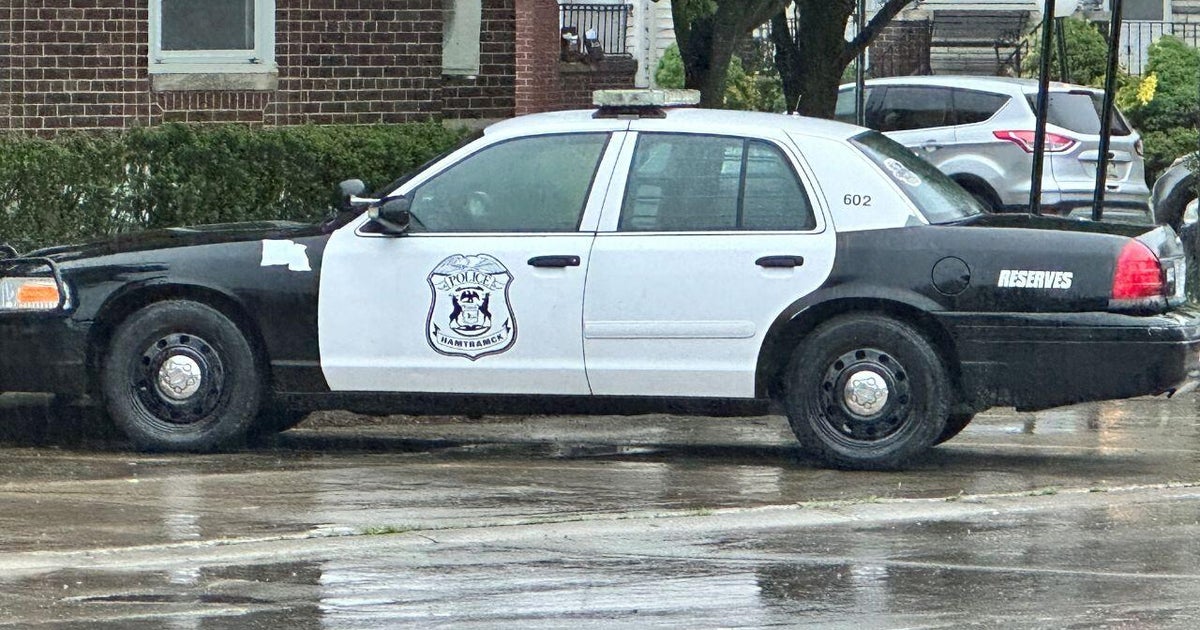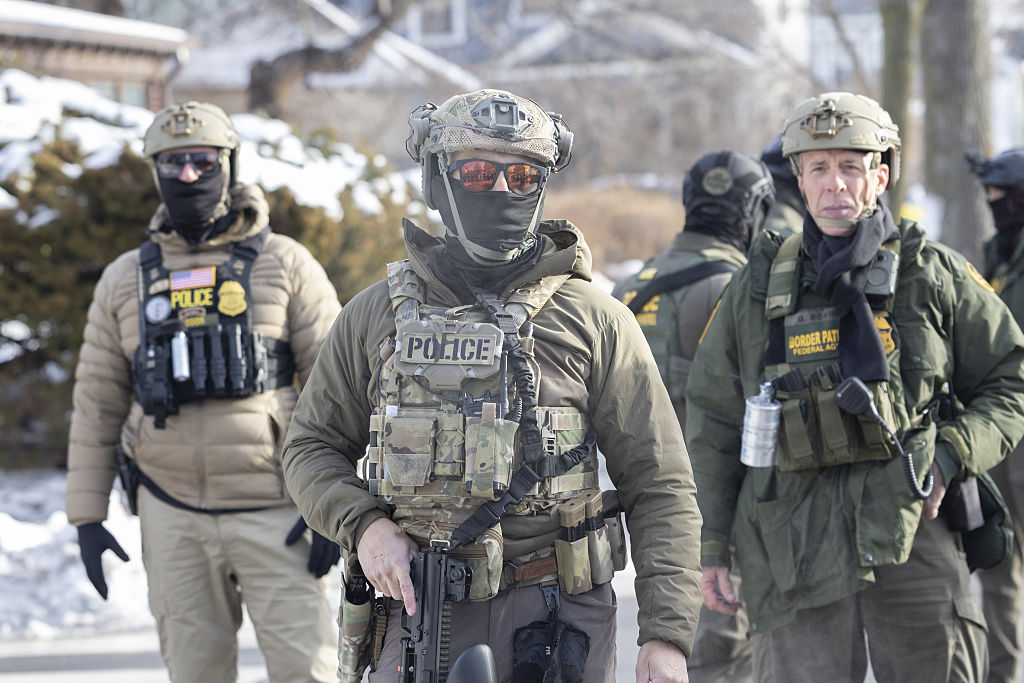No charges for officer who shot Jacob Blake
No charges will be filed against the White police officer who shot a Black man in the back over the summer in Kenosha, Wisconsin, the district attorney announced Tuesday. The shooting of Jacob Blake, who was left paralyzed, drew national outrage and days of unrest in the city.
Kenosha Police Officer Rusten Sheskey had been responding to a domestic dispute on August 23 when he fired his weapon seven times as Blake attempted to get inside an SUV. Blake's three young children were in the back seat. Investigators have said they found a knife inside the vehicle but his family has denied that he was armed.
Civil rights attorney Ben Crump and his co-counsel said they were "immensely disappointed" in Graveley's decision. "We feel this decision failed not only Jacob and his family, but the community that protested and demanded justice," the statement said.
However, Graveley disputed that Blake was unarmed. He said Blake was carrying a knife in his right hand and twisted his body towards Sheskey just before the officer opened fire. Graveley said Sheskey, another officer and two civilian witnesses all described the twisting motion, though he said the car door blocks it from view in the video.
Graveley said he didn't believe prosecutors would be able to make a case to a jury that Sheskey did not believe he was opening fire in order to protect himself or others. Graveley played a 911 call from a woman who later identified herself as Blake's fiancee, asking for officers to respond to the home because Blake had taken the keys to her rental car. He also played additional video showing Blake carrying a knife, which he said officers repeatedly ordered him to drop.
Sheskey and other officers knew Blake had a felony warrant out for his arrest, that he had the keys to a car that was in dispute and that at least one child was in the car, Graveley said. He said Blake had resisted arrest, struggled with officers and had been Tased three times before the shooting. He said the Tasers had little effect on Blake, who removed the Taser prongs and continued to walk towards the car.
Paraphrasing Sheskey's statement to investigators about his perspective at the time of the shooting, Graveley said: "Sheskey says, 'I don't know what (Blake) is going to do. Is he going to hurt the child? Is he going to take off in the vehicle? Are we going to be in a vehicle pursuit with the kid in the car? Will he hold the child hostage?'"
Graveley said Sheskey didn't open fire because he feared Blake would flee, but rather because Blake twisted towards him with the knife and he was fearful he would be stabbed. Graveley said a medical examiner who usually conducts autopsies on the deceased reviewed Blake's seven gunshot wounds, and said three of the wounds were in Blake's left side, which would have been consistent with the twisting motion. Graveley said the other four gunshot wounds were in Blake's back.
Graveley said Blake admitted he struggled with officers and had the knife, but denied brandishing it at Sheskey.
The Wisconsin Department of Justice, who conducted the investigation, employed an outside use-of-force expert who concluded that Sheskey's actions were reasonable, Graveley said.
The officers involved remain on administrative leave, Kenosha police said.
On Monday night, Wisconsin governor Tony Evers activated 500 National Guard troops to the city, and the Kenosha Common Council approved a resolution that will allow the mayor to impose emergency measures including a curfew. Fencing was installed around the local courthouse and some businesses boarded up their windows. Evers said the Guard was called in at the request of local officials to "help ensure public safety."
"Our members of the National Guard will be on hand to support local first responders, ensure Kenoshans are able to assemble safely and to protect critical infrastructure as necessary," Evers' statement said.
Blake's family held a rally Monday and marched with supporters, calling for Sheskey to be fired, criminally charged and convicted. The family said justice in the case was long overdue. Jacob Blake Sr., Blake's father, urged supporters to stand up against police brutality nationwide.
"Let's stand up and make some noise," Blake Sr. said. "Let's be heard around the world."
Blake said his son posed no threat to the officer. He said he wanted to see Sheskey charged with attempted murder.
"He tried to kill my son," Blake Sr. said. "He didn't try to take my son down, he tried to kill my son, and he could have killed my grandchildren."
Tanya McLean, executive director of the community organization Leaders of Kenosha and a friend of the Blake family, urged protesters to remain peaceful, reports the Associated Press.
"No matter what the decision is, we are seeking nonviolence," she said. "We want everybody to come out, make as much noise as you want, but we don't want any destruction of property or businesses. We are for nonviolence. Anything else is not acceptable for this community."
Blake's uncle, Justin Blake, called the decision was "gut-wrenching" and told reporters that the family would continue their advocacy work to protest police brutality and systemic racism at the federal level.
B'Ivory LaMarr, a family attorney, said he had spoken to Blake, who he said was extremely disappointed in Graveley's decision. LaMarr said Blake had been "brutalized" by police during the struggle prior to the shooting and was attempting to get away, discounting Graveley's suggestion that the officer was in fear of being stabbed.
LaMarr said the family believes there is sufficient evidence to charge Sheskey with attempted murder. "It takes 20 seconds to watch that video to find probable cause and it took over four months for them to find a reason to ignore it," LaMarr said.
LaMarr said the family would be filing a civil suit in the near future.
